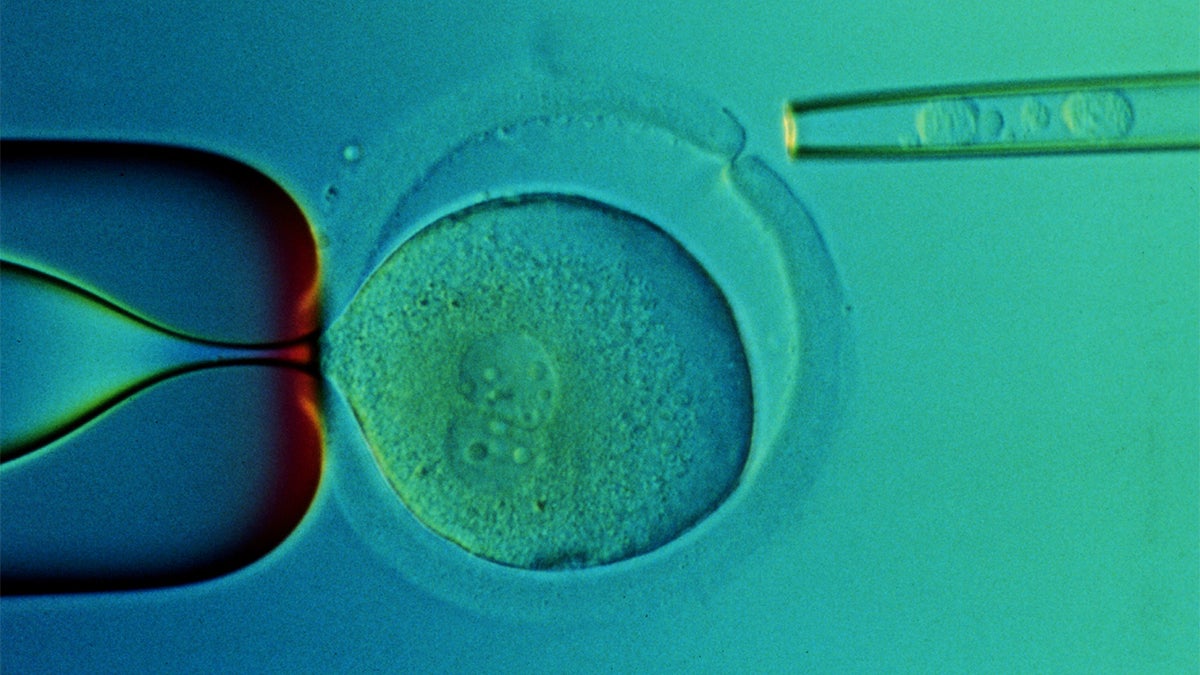History of sports ethics, genetic testing doesn’t bode well for future

Despite a history of genetic testing in sports stretching to the 1960s, sports medicine ethics remain unequipped to handle new tests that claim to determine a person’s athletic potential.
A 2009 study published in Sports Medicine posited that more awareness needed to be raised on the subject because ethics had fallen through the cracks at the intersection of sports and medicine. The study claimed testing an athlete’s genes for athletic potential violates North American anti-discrimination legislation and the European bioethics convention.

“We conclude that genetic testing in sport that is not strictly limited to the protection of the athlete against harm should be viewed in a very skeptical light by sports medicine professionals,” the researchers wrote.
Such skepticism falls in line with decades of back and forth decisions regarding genetic testing in sports. Most early cases centered on sex hormone testing to confirm a female athlete’s biologic sex, and they involved organizations such as the International Association of Athletics Federation (IAAF) and the International Olympic Committee (IOC). These replaced previous tests where female athletes were asked to let a panel of doctors examine their naked bodies. However, even these genetic tests eventually came under scrutiny from doctors for being invasive, bad science.
While Arne Ljungqvist, chairman of the International Olympic Committee’s medical commission, helped abolish blanket testing in 1999, individuals are still tested on occasion. The tests have evolved to look at more than just sex chromosomes, but women are still the most affected.
According to a New York Times article by Katie Thomas, while women have endured these tests for decades, the one known case of gender cheating was not discovered by a sex-determination test. Instead, Herman Ratjen admitted he was forced by the Nazi party to compete for Germany as a woman’s high jumper named Dora Ratjen at the 1936 Olympics.
More recently, genetic tests have been directed at intersex athletes and those with differences of sexual development (DSD). The latest target of such testing is South African middle-distance champion Caster Semenya. The Court of Arbitration for Sport recently ruled that Semenya must follow IAAF’s requirement to medically lower her testosterone levels, which are naturally elevated due to hyperandrogenism.
Even though women have historically been the victims of discriminatory genetic testing, advances in the field could result in discrimination against any athlete in the future. If organizations or coaches start basing hiring, signing or salary decisions on genetic tests that can’t capture the complexity of what makes a skillful athlete, the sports world could face a new ethical dilemma.
The Sports Medicine study lays out scenarios where, even if the disclosure of genetics tests is voluntary, the power imbalance between athletes and sports franchises could coerce players into giving up their private information. At the same time, the researchers question whether athletes will truly understand what they would be consenting to by sharing their genetic information.
Ultimately, the study claims the only ethical use of genetic testing in sports would be to screen for disorders that could put an athlete’s health at risk, like hypertrophic cardiomyopathy.
In all other cases, whether screening for sex hormones or athletic potential, research and history have shown genetic testing has seemingly dangerous ethical implications that can put a person’s well being at risk.
Jason Krell is a master’s of sports journalism student at Arizona State University
Editor’s note: For the coming 2019-2020 academic year, the Global Sport Institute's research theme will be “Sport and the body.” The Institute will conduct and fund research and host events that will explore a myriad of topics related to the body.
Related Articles
Genetic testing in sports can’t capture complexity of athletic performance


